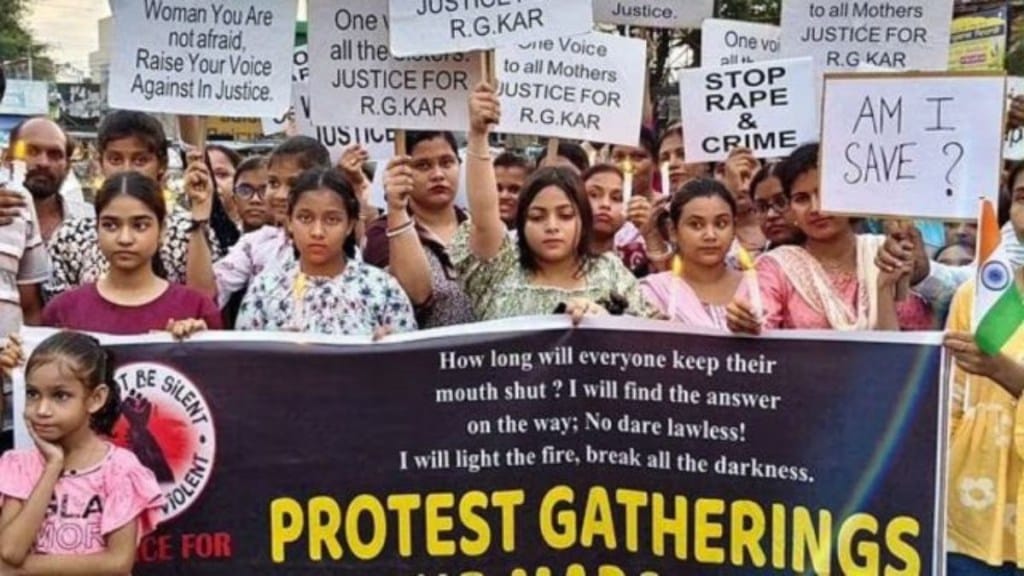A recent study conducted by the Indian Medical Association (IMA) has highlighted significant safety concerns among doctors working night shifts, with many feeling “unsafe” or “very unsafe” to the extend that some medics also felt the need to start carrying weapons for self-defence.
The survey, which is the largest of its kind in India with 3,885 responses, was prompted by the recent alleged rape and murder of a trainee doctor at RG Kar Medical College and Hospital in Kolkata. The respondents came from more than 22 states, with 85% being under 35 years of age and 61% comprising interns or postgraduate trainees.
“The online survey was sent to doctors, both government and private, across India through a Google form. There were 3,885 responses within 24 hours,” said Dr Jayadevan. According to the study, a substantial portion of the respondents, predominantly women, expressed heightened insecurity during night shifts.
Doctors aged 20-30 feel least secure
Approximately one-third of the doctors reported feeling unsafe (24.1%) or very unsafe (11.4%), with women feeling the most vulnerable. The survey, led by Dr. Rajeev Jayadevan, Chairman of the Research Cell at the Kerala State IMA, found that doctors aged 20-30, primarily interns and postgraduates, felt the least secure.
45% of doctors lack access to duty rooms
The study revealed that 45% of respondents lacked access to a duty room during night shifts. Those who did have access reported that these rooms were often overcrowded, lacked privacy, and were sometimes missing essential amenities like locks and attached bathrooms. In over half of the cases, duty rooms were located far from the ward or casualty areas, exacerbating feelings of insecurity.
“In more than half the instances (53 per cent), duty room was located far from the ward/casualty area,” the study highlighted.
“Nearly one-thirds of the available duty rooms did not have an attached bathroom, which means that the doctors needed to step outside during late hours to access these facilities,” it said.
CCTV cameras, proper lighting and other amenities required
The survey highlighted several suggestions for improving safety, including increasing the number of trained security personnel, installing CCTV cameras, ensuring proper lighting, and implementing the Central Protection Act (CPA). Respondents also advocated for the installation of alarm systems and secure, well-equipped duty rooms.
The study’s findings underscore the need for substantial improvements in security infrastructure and staffing within healthcare settings to ensure the safety of doctors, particularly during night shifts. Reports of verbal and physical threats, as well as inappropriate behavior in emergency rooms, were common, particularly in smaller hospitals with limited staff and no security.
Call for Central Protection Law to standardise security measures
The IMA’s findings call for a Central Protection Law to standardise security measures across healthcare settings and enhance overall safety. This proposed legislation would aim to create a safer work environment for doctors and improve patient care.
“The survey findings have significant implications for broad policy changes, some of which have already been addressed by the Government of India in response to the Kolkata incident,” the IMA said.
In response to the Kolkata incident, the Government of India has begun addressing these concerns, and the Supreme Court has assured that the issues raised by doctors are receiving high-level attention. The IMA’s report advocates for comprehensive policy changes to address security gaps and protect healthcare professionals on the front lines.
(With agency inputs)

